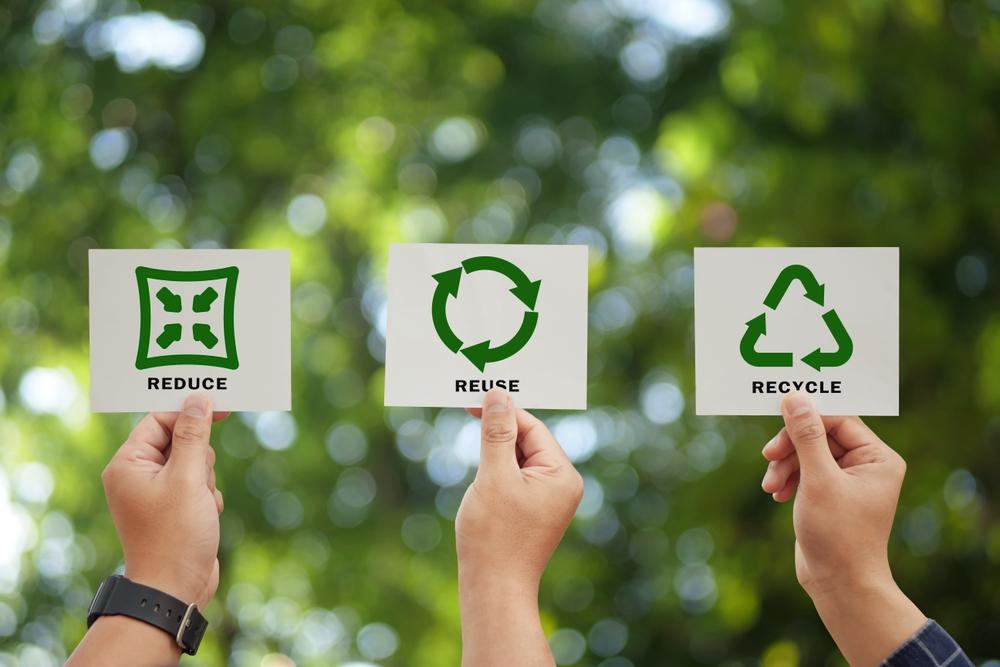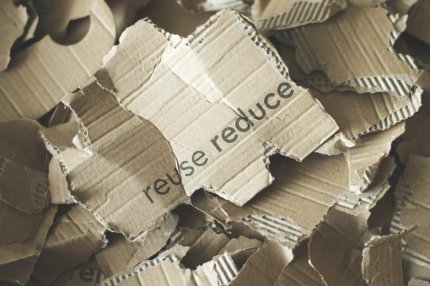With the biggest shakeup in packaging laws coming, you need to be aware of what’s coming and that’s what we’ve got for you here.
What is Extended Producer Responsibility?
Extended Producer Reliability (EPR) is new legislation coming into effect between 2023-2025 and is going to impact UK businesses based on the packaging they use. The goal of the legislation is to incentivise businesses to have more ecologically sound packaging solutions.
This will largely impact packaging manufacturers and importers but will also extend to brand owners and companies that utilise large volumes of packaging. Critically, the EPR holds producers accountable for the costs associated with the disposal and recycling of packaging in household waste streams. The increased funds are to be used to help with costs associated with the collection and disposal of these materials.
Am I affected by EPR?
Whether or not this will affect your business will depend on the scale of your business and the amount of packaging your products utilise. The starting point for EPR fees is when all of the following points apply
- You are an individual business, subsidiary or group, however charities are exempt
- Your company carries out packaging activities
- You are responsible for importing or supplying more than 25 tonnes of packaging to the UK market in the previous calendar year
- Your annual turnover exceeds £1 million.
If your business does not meet all 4 criteria, you will not (at this time) be subject to EPR. Most businesses who are subject to EPR should be aware and been tracking their packaging since January 2023.
This is further split into small and large producers depending on the scale of the business in terms of product produced and annual turnover
- Small Producers will have a turnover between £1-2 million and will have supplied more than 25 tonnes of packaging or handled between 25-50 tonnes of packaging. They must report their usage once a year.
- Large Producers will have handled or supplied more than 50 tonnes of packaging and had a turnover in excess of £2 million. They need to report usage twice a year.
Notably, if you are considered a small producer you will not (yet) incur EPR fees.
How can I estimate my EPR costs?
The legislation is still in process and as such it will be difficult at this time to calculate an exact figure owed to the treasury from EPR at this time. However, recent government publications have presented a range of base fees for 2025-2026 that will vary depending on type of material and local authority as the authority costs will affect which band is required to be paid by a business. You can see the entire document here but the price table is below. At this stage, DEFRA believes intermediate will apply to most businesses.
| Material | Lower (£ per tonne) | Intermediate (£ per tonne) | Higher (£ per tonne) |
| Aluminium | 320 | 405 | 605 |
| Fibre-based composite | 355 | 450 | 565 |
| Glass | 110 | 175 | 215 |
| Paper and card | 135 | 190 | 250 |
| Plastic | 360 | 425 | 520 |
| Steel | 220 | 265 | 330 |
| Wood | 145 | 240 | 340 |
| Other | 180 | 205 | 240 |
Finding out which threshold you fall under using your data collected since January 2023 and your local authorities costs will be the best way to calculate what your probably EPR costs will be.
When is EPR coming into effect?
The enhanced fee obligations will be coming into effect in October 2025 but it will be calculated based on packaging used in 2024.
What can I do now?
There are a few key things that you can start doing now to make sure you mitigate the problems that arise from EPR coming into force. For the official government advice, you can check here.
Track your usage
You should already be doing this of course but if you haven’t started, you certainly should now! If you are a regular customer with one supplier, they may be able to help you fill in any gaps you have in your usage between January 2023 and now by checking their own records. Tracking your usage is a requirement already but ensuring you have the process well in hand is vital.
Collect PRN’s and PERN’s
Packaging Recycling Notes (PRN) and Packaging waste Export Recycling Notes (PERN) provide evidence that packaging has been recycled in the same way a receipt is proof of purchase. From 2025 onwards, they will be usable as evidence that your business is meeting its recycling obligations and will help mitigate any fees you have to pay.
Ask RAJA for a packaging audit
As you saw above, what type of packaging you use will have an impact on what your costs will be. If you can utilise materials made of wood or card, they will have a lower cost than plastic or composite. We have a number of products that replace traditionally plastic products with more sustainable alternatives, such as our climapack and paper void fill options.
Whatever the scale of your business, we’re here to partner with you and help your business succeed. Get in touch with our packaging specialists and we can provide a bespoke packaging audit to ensure that you won’t be caught flat footed by the EPR fees.



















